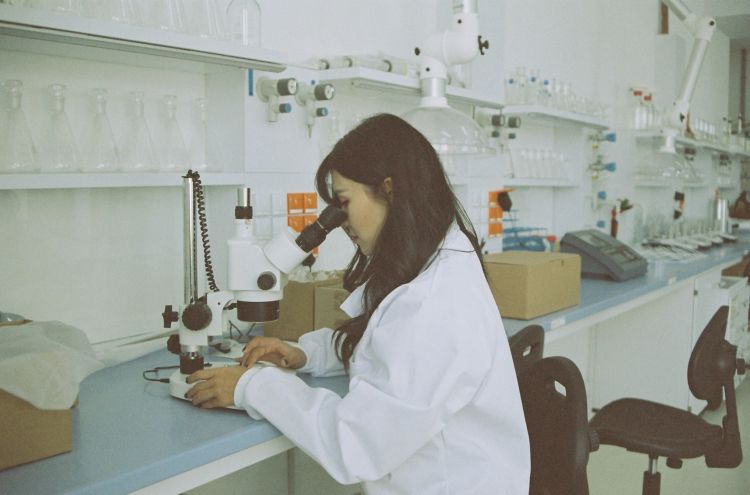Peter J. Arduini, President and CEO of GE HealthCare, Named Chair of AdvaMed Board of Directors

December 11, 2023 | WASHINGTON, D.C., – Today, AdvaMed, the Medtech Association, announced that Peter J. Arduini, president and CEO of GE HealthCare, will become the Chair of the AdvaMed Board of Directors.
“The entire board and the global industry AdvaMed represents are very excited to have Peter as our new Board Chair during this critical time for medtech. Artificial Intelligence, imaging and digital technology represent important areas of innovation that can significantly accelerate diagnosis and improve the personalization of patient care. Peter’s proven record of leadership across more than three decades in medtech and imaging will enable him to advance AdvaMed’s goal of achieving healthier lives and healthier communities around the world. I look forward to working with him,” said AdvaMed President and CEO Scott Whitaker, who also serves as President of the AdvaMed Board of Directors.
Arduini said, “I appreciate the confidence my fellow AdvaMed Board members have placed in me as the Board’s new chair. Through Scott’s leadership, AdvaMed has become a unifying voice for our industry to foster growth and innovative new solutions for patients, providers and health systems. The medical technology industry is at the forefront of defining the future of healthcare through smart devices, diagnostics and digital solutions that can enable earlier and more precise diagnoses, targeted treatments and improved patient outcomes. We need policies that keep pace with innovation, while fostering the highest ethical standards that improve patient access to the best care possible. With the promise of artificial intelligence and the interconnectivity of medical technologies, there has never been a more important time in our history to make profound and lasting changes in the delivery of care for patients.”
Arduini has been president and chief executive officer of GE HealthCare, a global medical technology, pharmaceutical diagnostics, and digital solutions innovator, since January 2022. He previously served as president and chief executive officer of Integra LifeSciences Holdings Corporation, corporate vice president and president of Medication Delivery, Baxter Healthcare, from 2005 to 2010. He previously spent 15 years at GE Healthcare where in a variety of management roles for domestic and global businesses, culminating in leading the global functional imaging business. Arduini also serves on the Boards of Directors of GE HealthCare, Bristol Myers Squibb and the National Italian American Foundation.
In the wake of former AdvaMed Chair Ashley McEvoy’s departure from Johnson & Johnson Medtech in October, Arduini stepped in to serve as interim chair over the past several weeks. The full Board elected him unanimously to a two-year term, which began immediately Friday.
Arduini will unveil his priorities as AdvaMed Chair in early 2024.





